Normal Social Studies Worksheets for Ages 5-7 - Page 2
167 filtered results
-
From - To
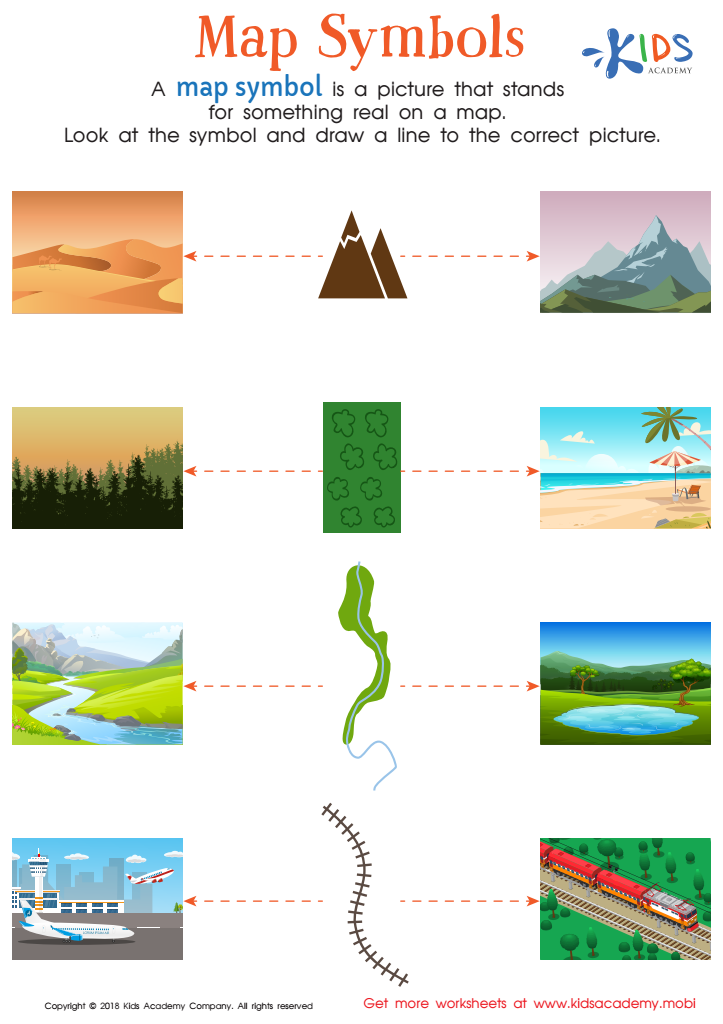

Map Symbols Worksheet
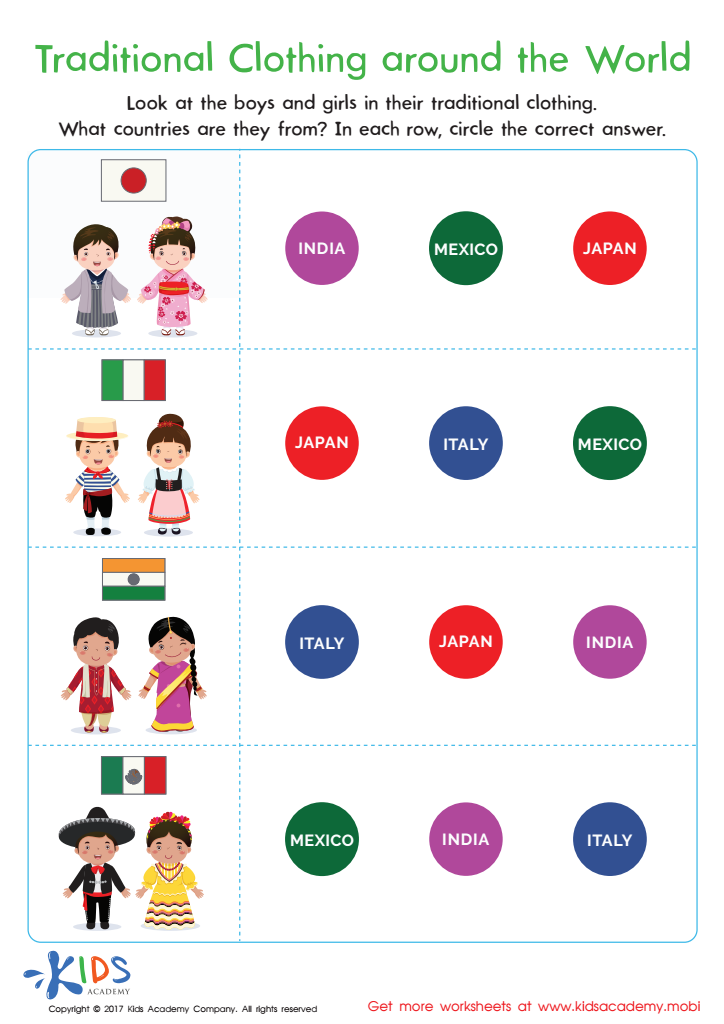

Traditional Clothing Worksheet
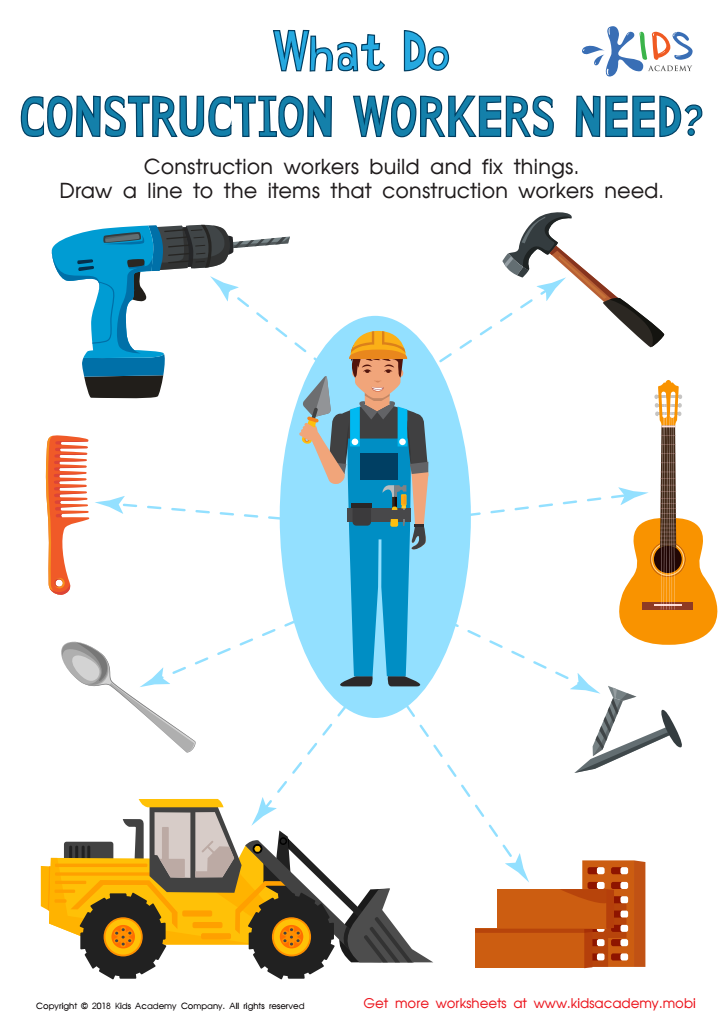

What Do Construction Workers Need? Worksheet


Let's Go to the Store! Worksheet
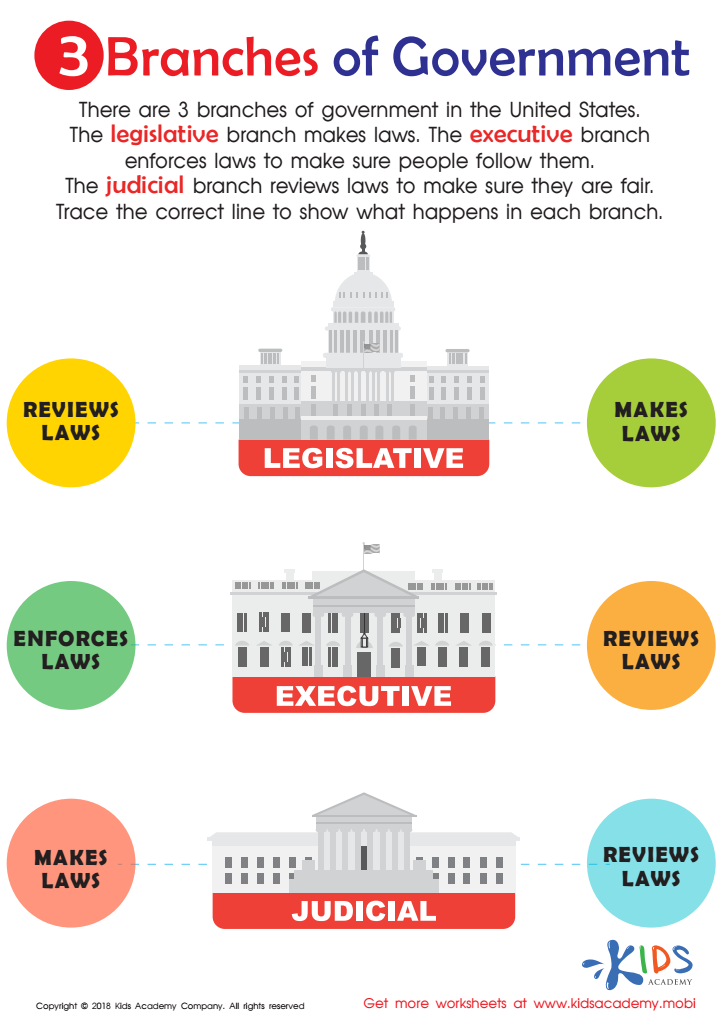

3 Branches of Government Worksheet


Community Buildings Worksheet
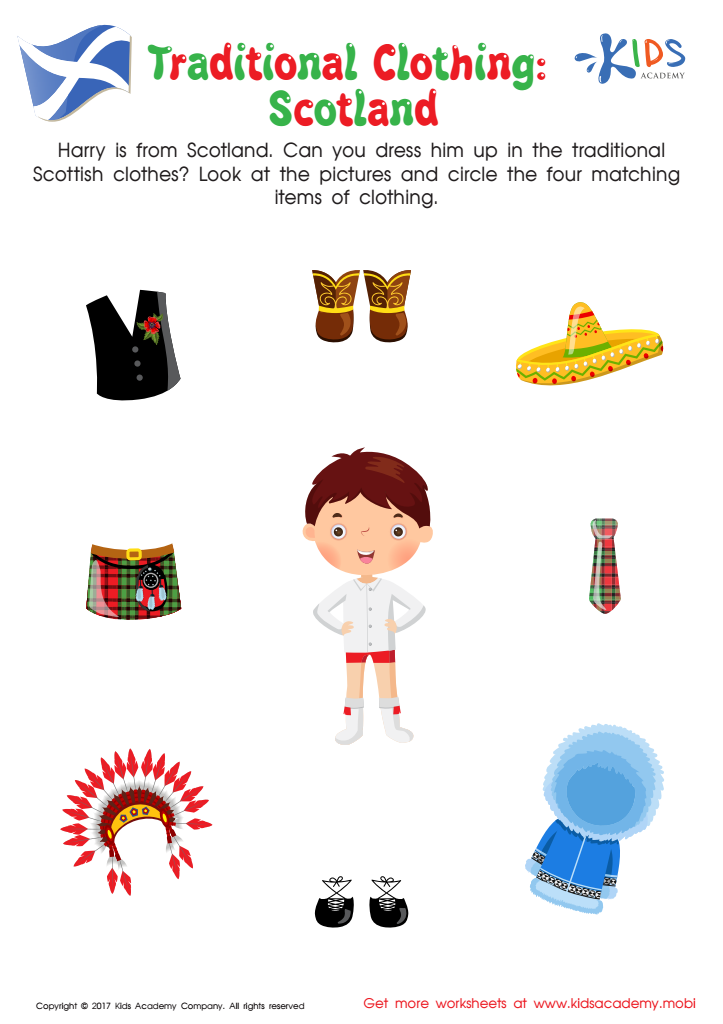

Traditional Clothing in Scotland Worksheet


Italian Word Tracing: Ciao Worksheet
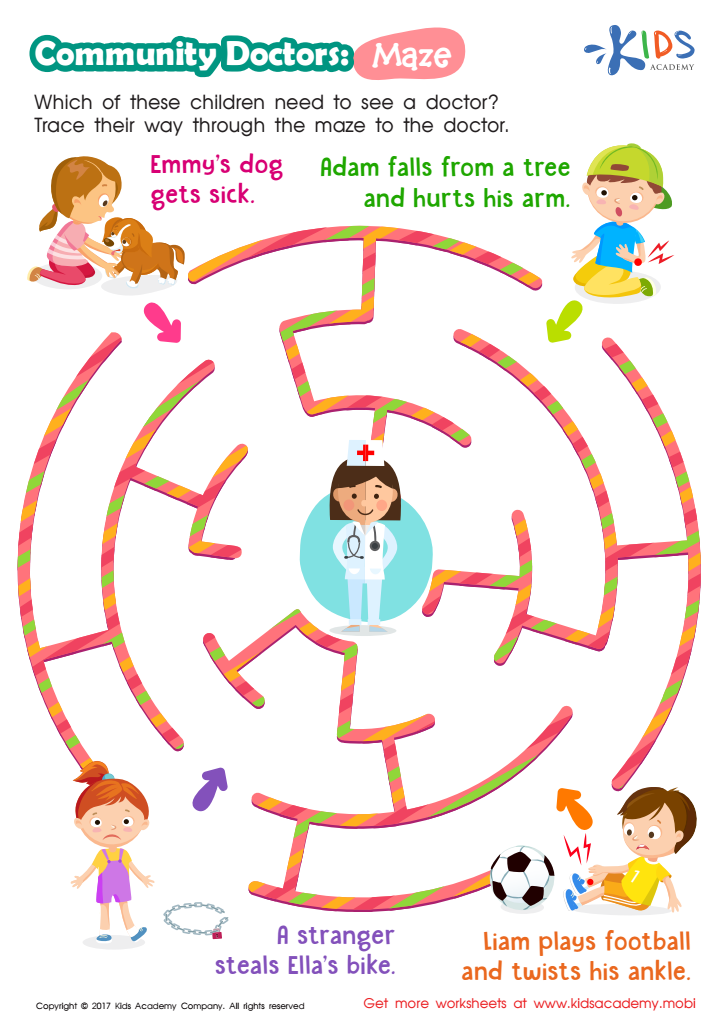

Community Doctors: Maze Printable


Let's Look! Assessment Worksheet
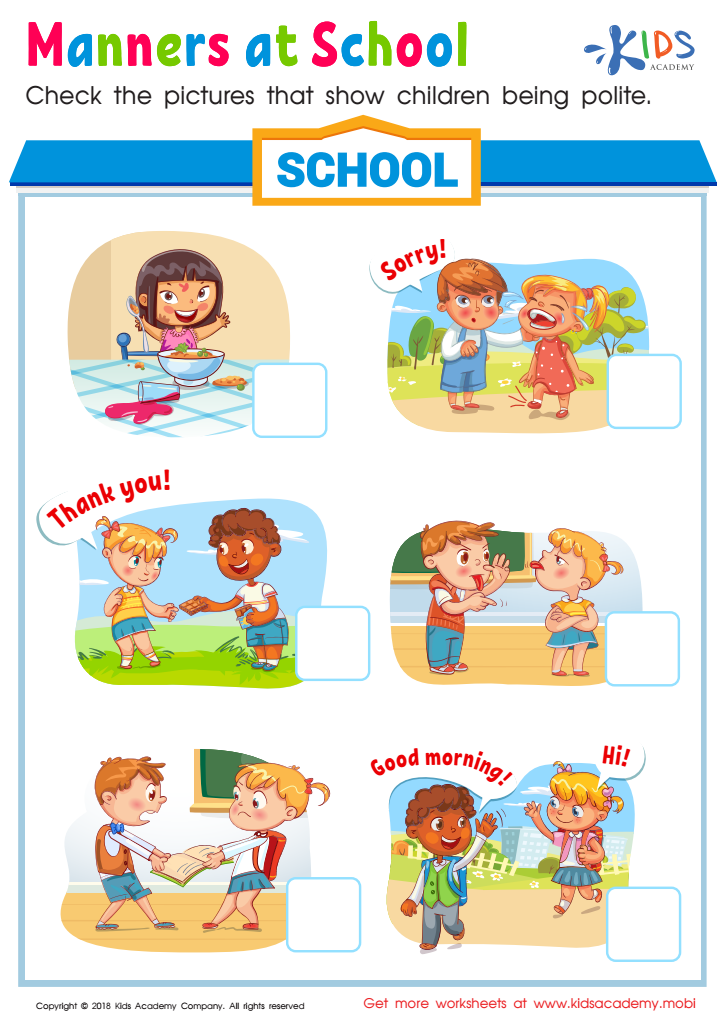

Manners at School Worksheet
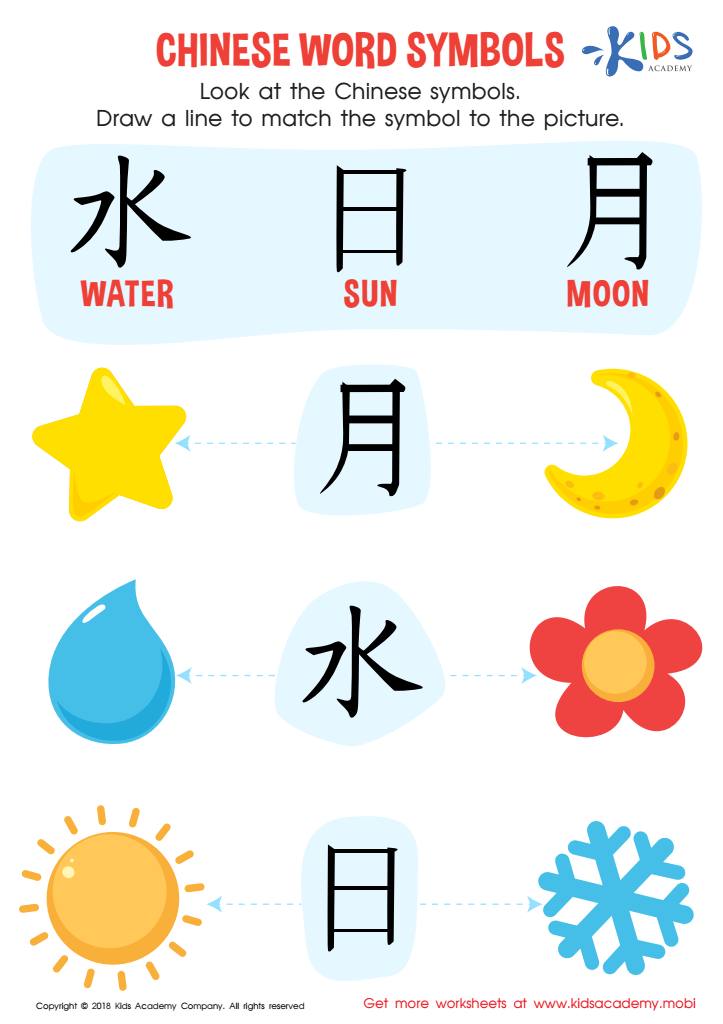

Chinese Word Symbols Worksheet


Producer or Consumer? Worksheet
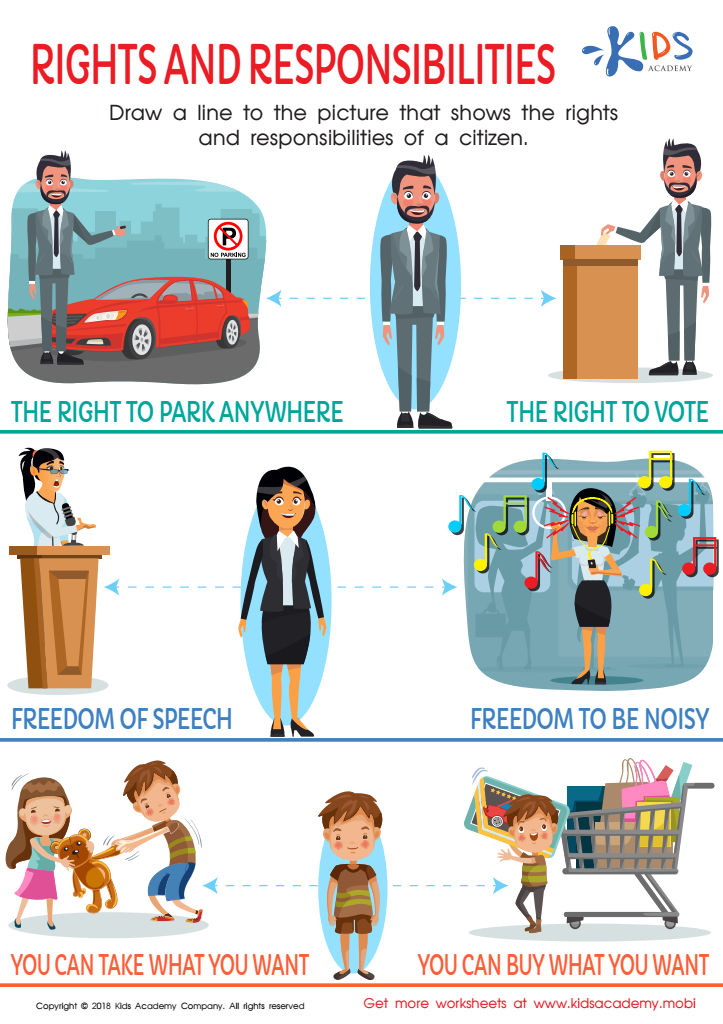

Rights and Responsibilities Worksheet
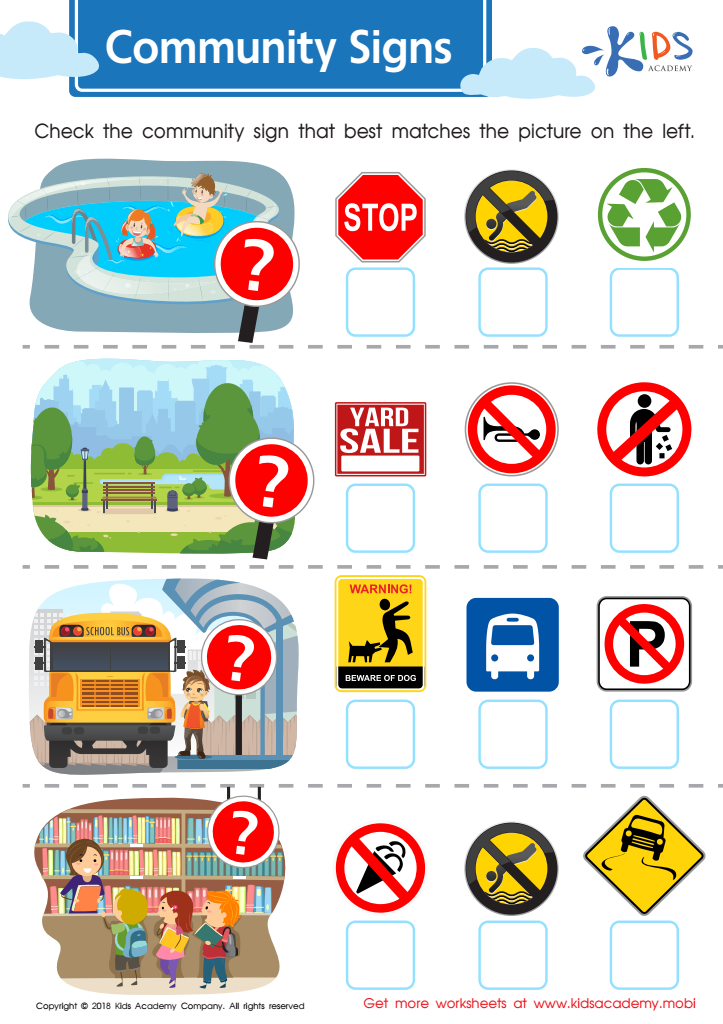

Community Signs Worksheet
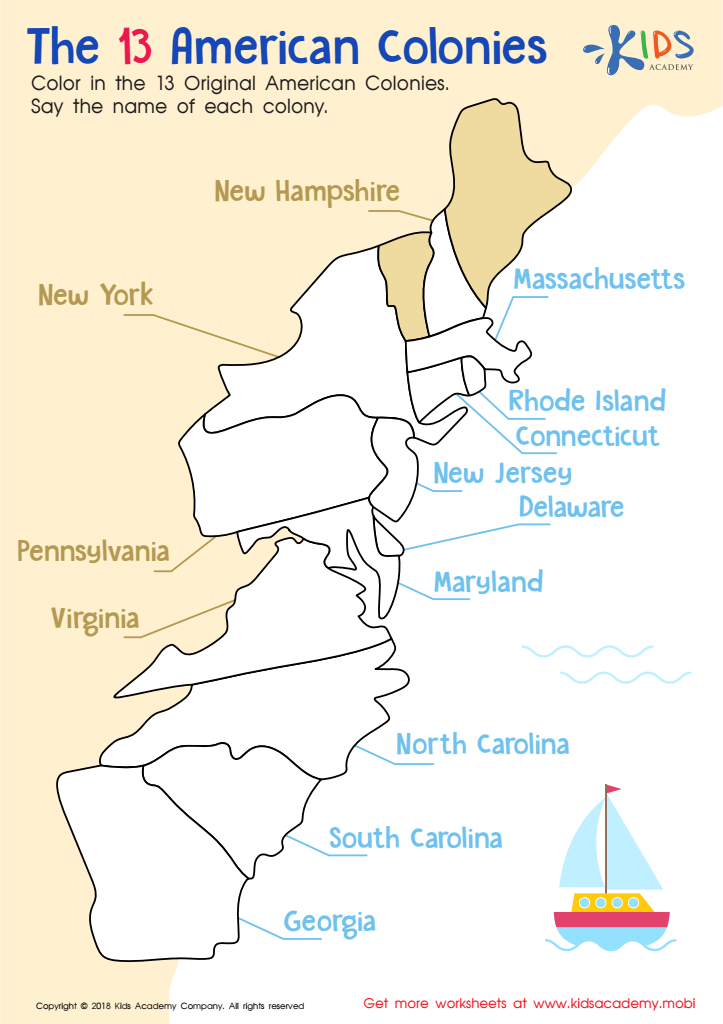

The 13 American Colonies Worksheet
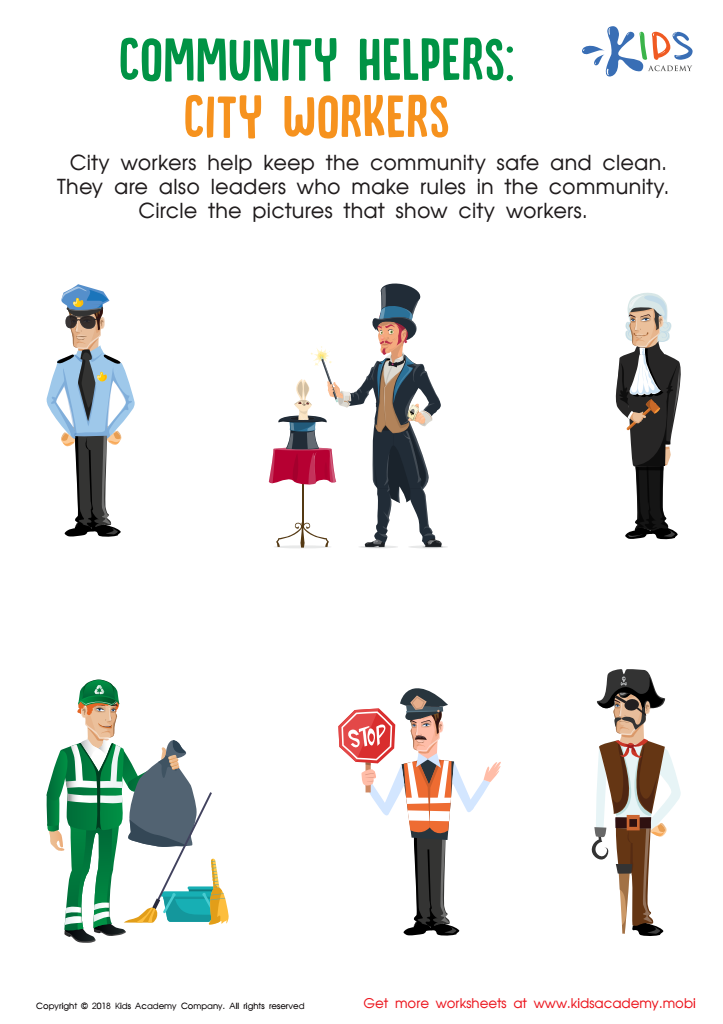

City Workers Community Helpers Worksheet
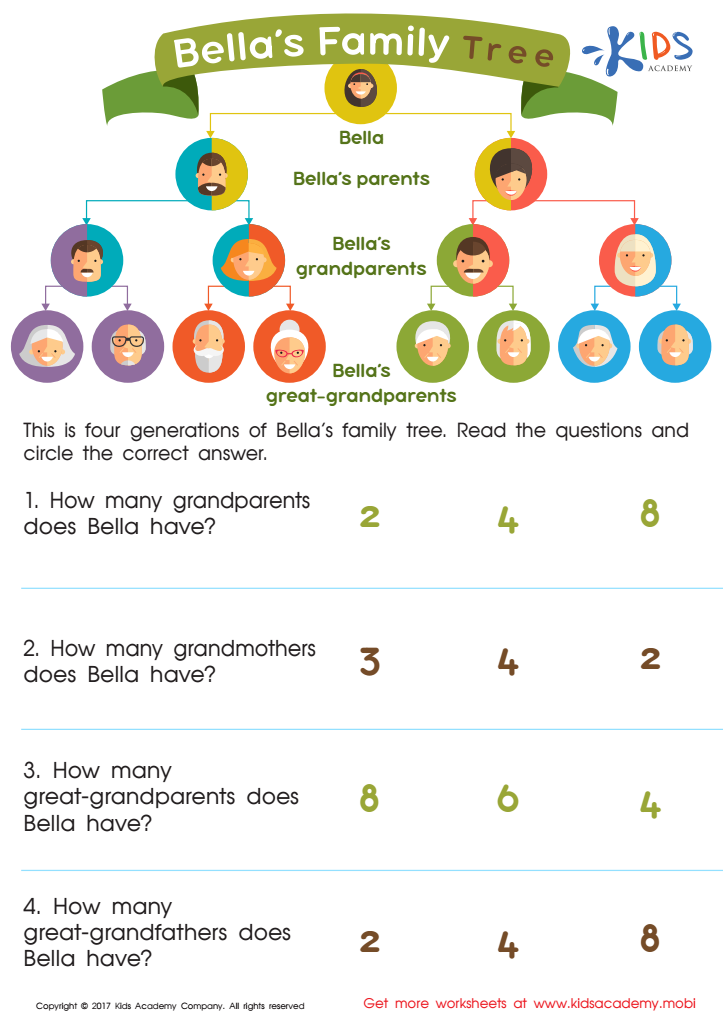

Bella's Family Tree Worksheet
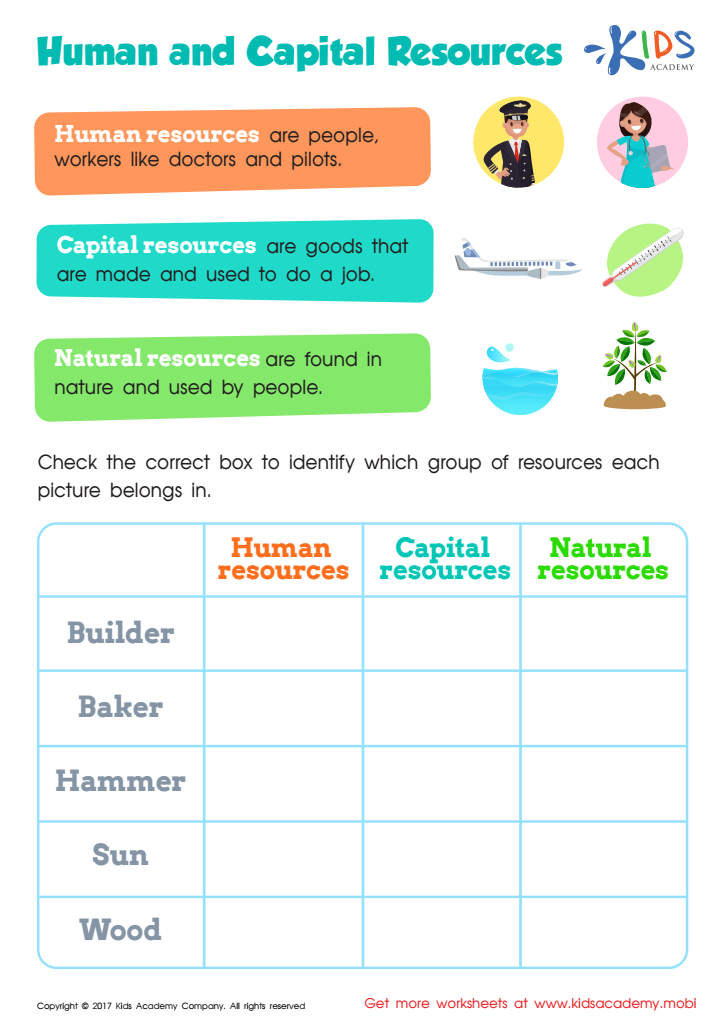

Human and Capital Resources Worksheet
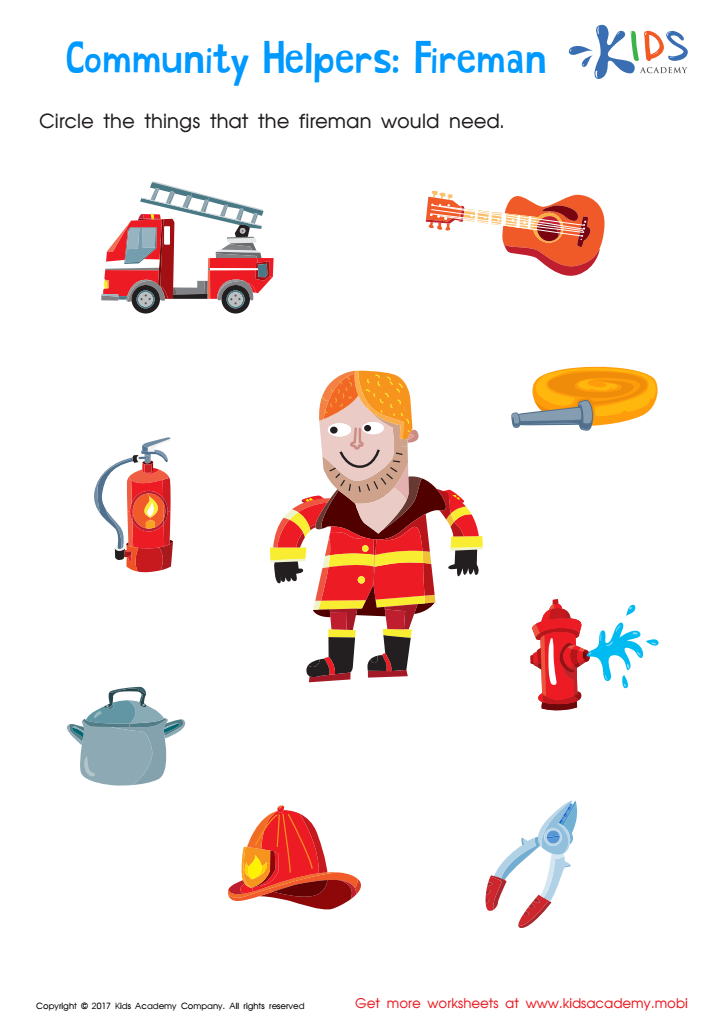

Fireman Worksheet
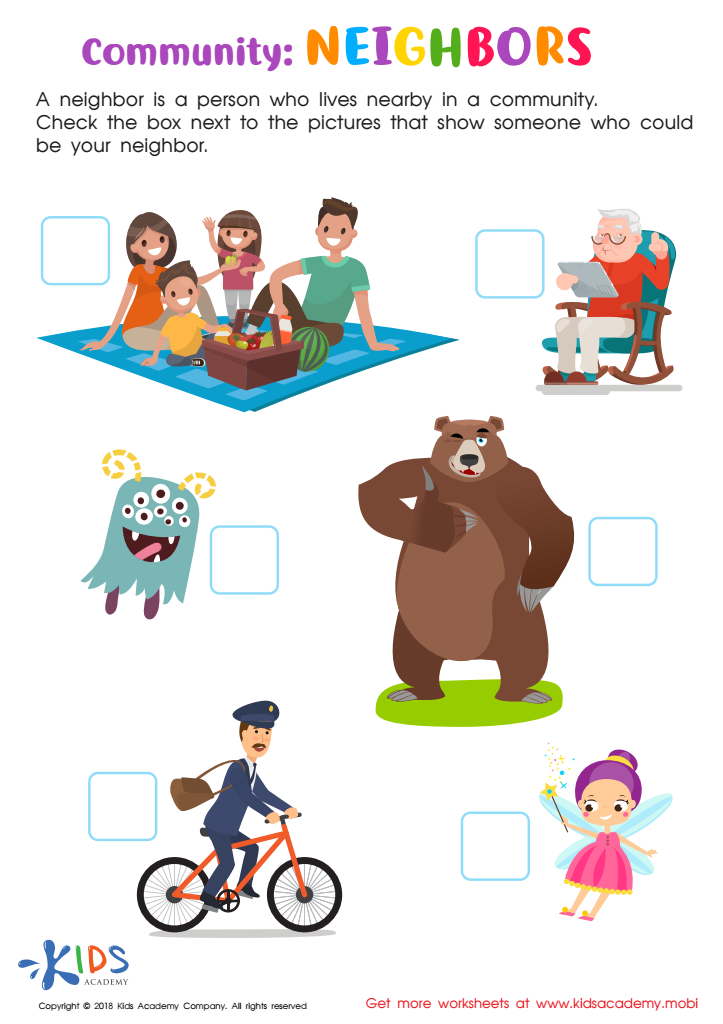

Community: Neighbors Worksheet
Normal Social Studies for ages 5-7 is essential for fostering a well-rounded educational experience. At this developmental stage, children are naturally curious about the world around them. Social studies ignites that curiosity, helping them make sense of their environment and how they fit into it. It introduces foundational concepts about communities, cultures, and citizenship, encouraging respect for diversity and promoting empathy.
Understanding social studies aids in social skills development, as children learn about relationships, rules, and cooperation. This, in turn, enhances their ability to collaborate and engage positively with peers. Moreover, these lessons extend beyond mere facts; they foster critical thinking by prompting children to ask questions, explore problem-solving, and develop informed opinions.
Involving parents and teachers in social studies education is crucial. Their guidance can help reinforce these concepts, providing context and encouragement outside the classroom. Discussions around family traditions or local history, for instance, extend learning into everyday life. By prioritizing social studies for young learners, we are not only teaching them about the world but also shaping responsible, engaged citizens who appreciate and contribute positively to their communities. Therefore, both parents and teachers should take an active interest in these early social studies experiences.
 Assign to My Students
Assign to My Students
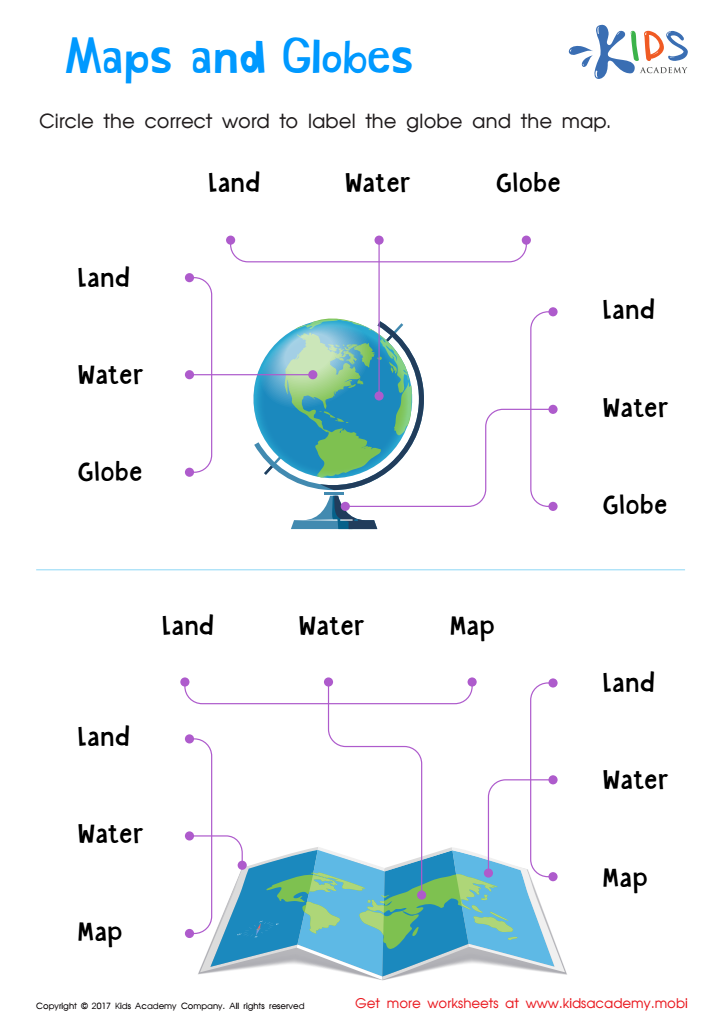

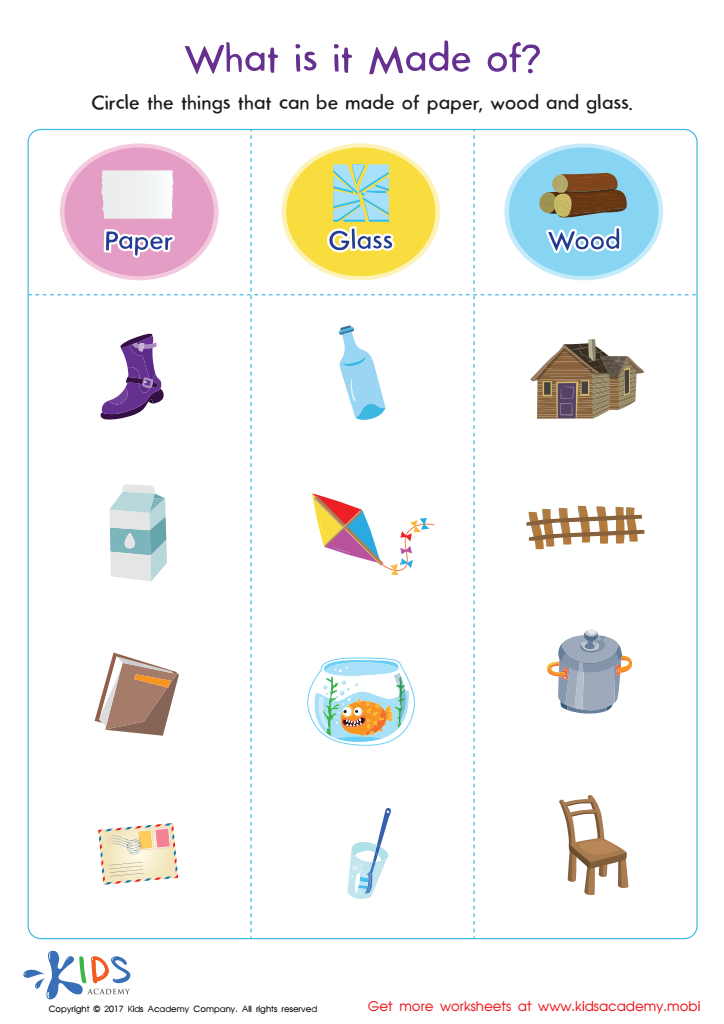





.jpg)









